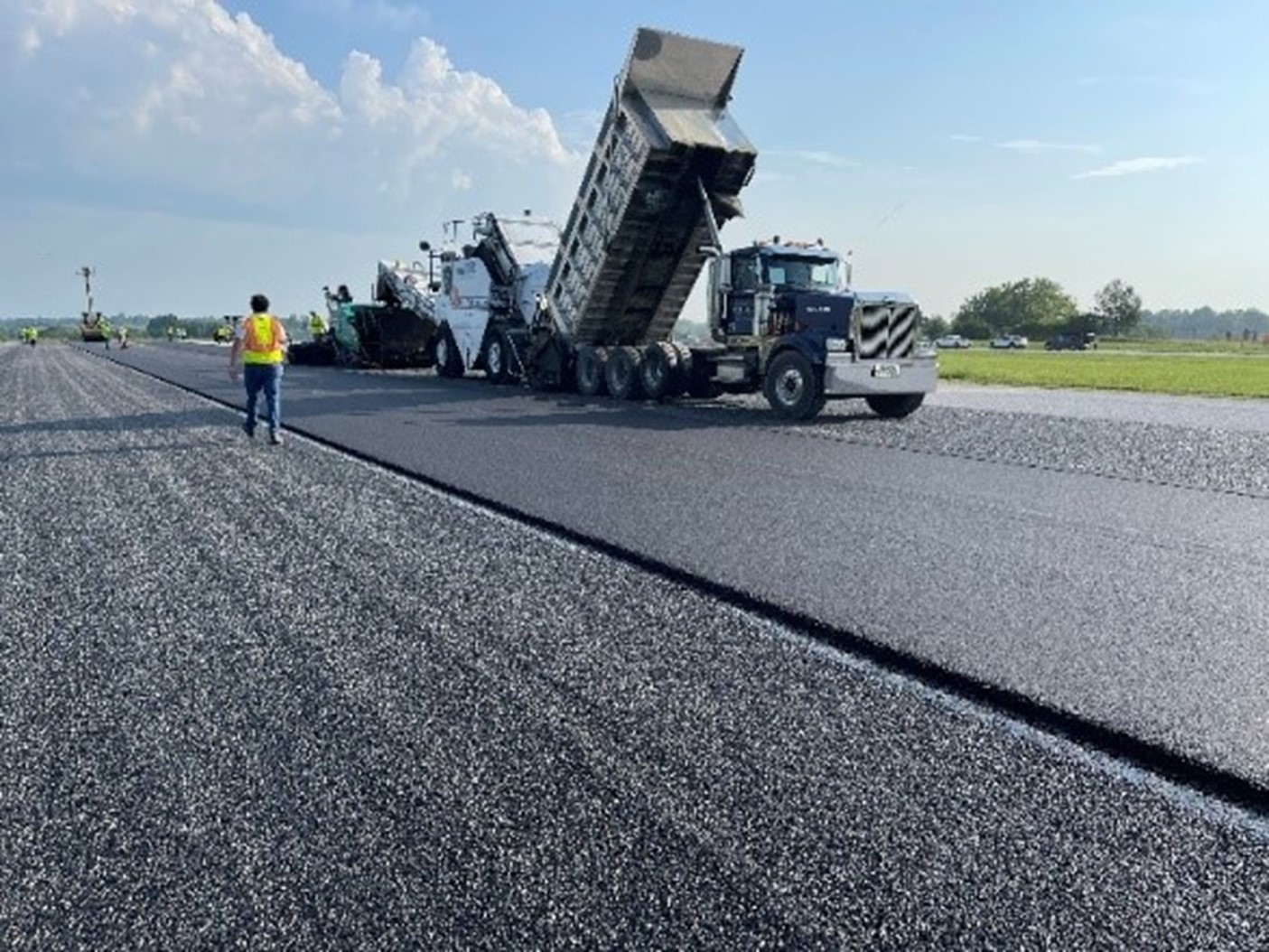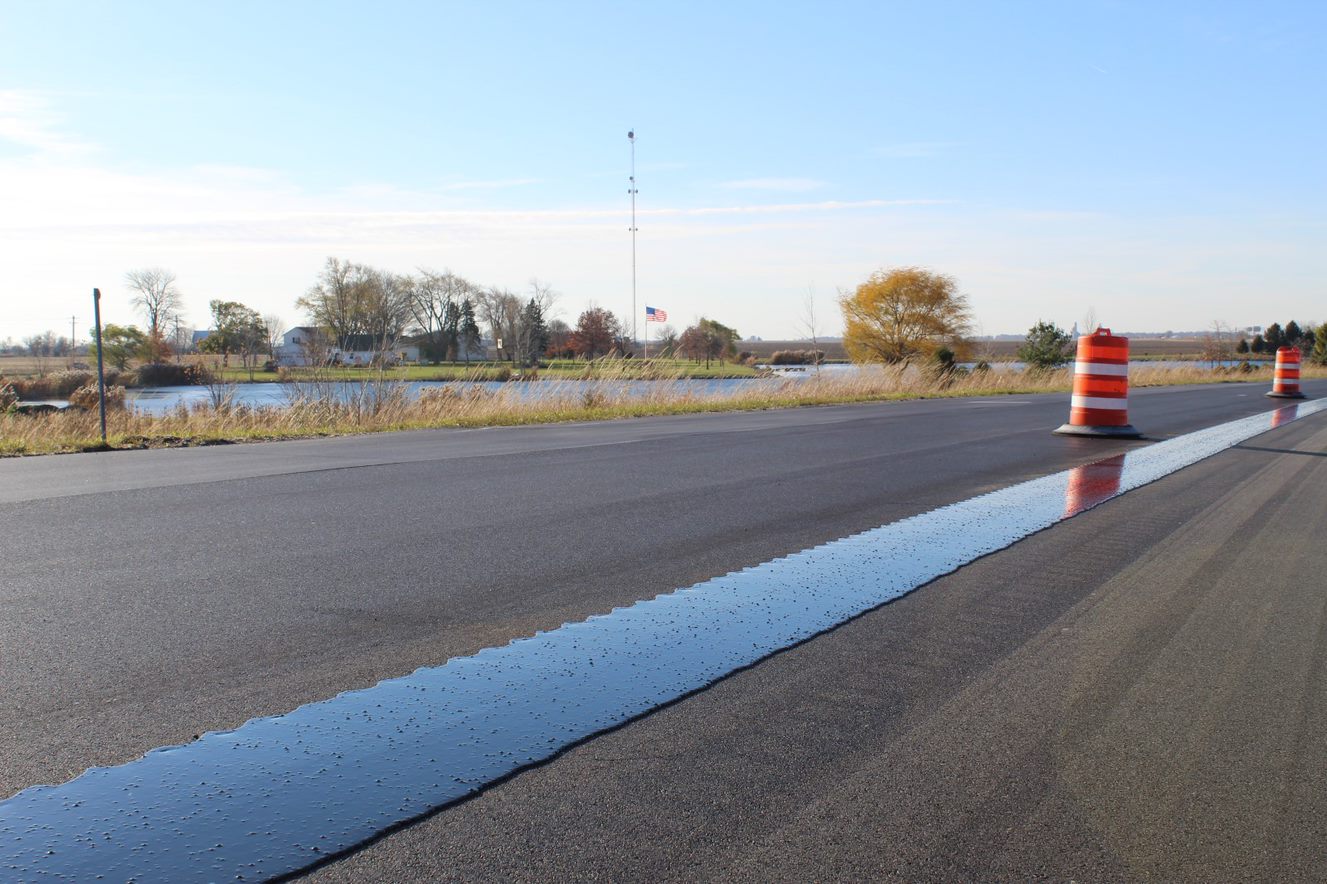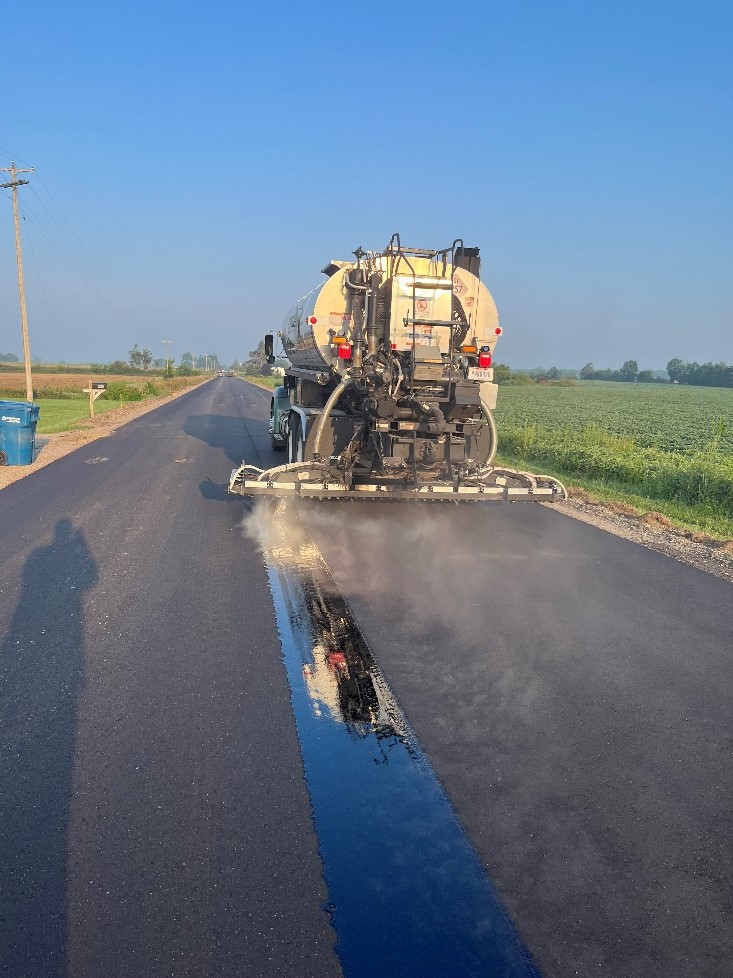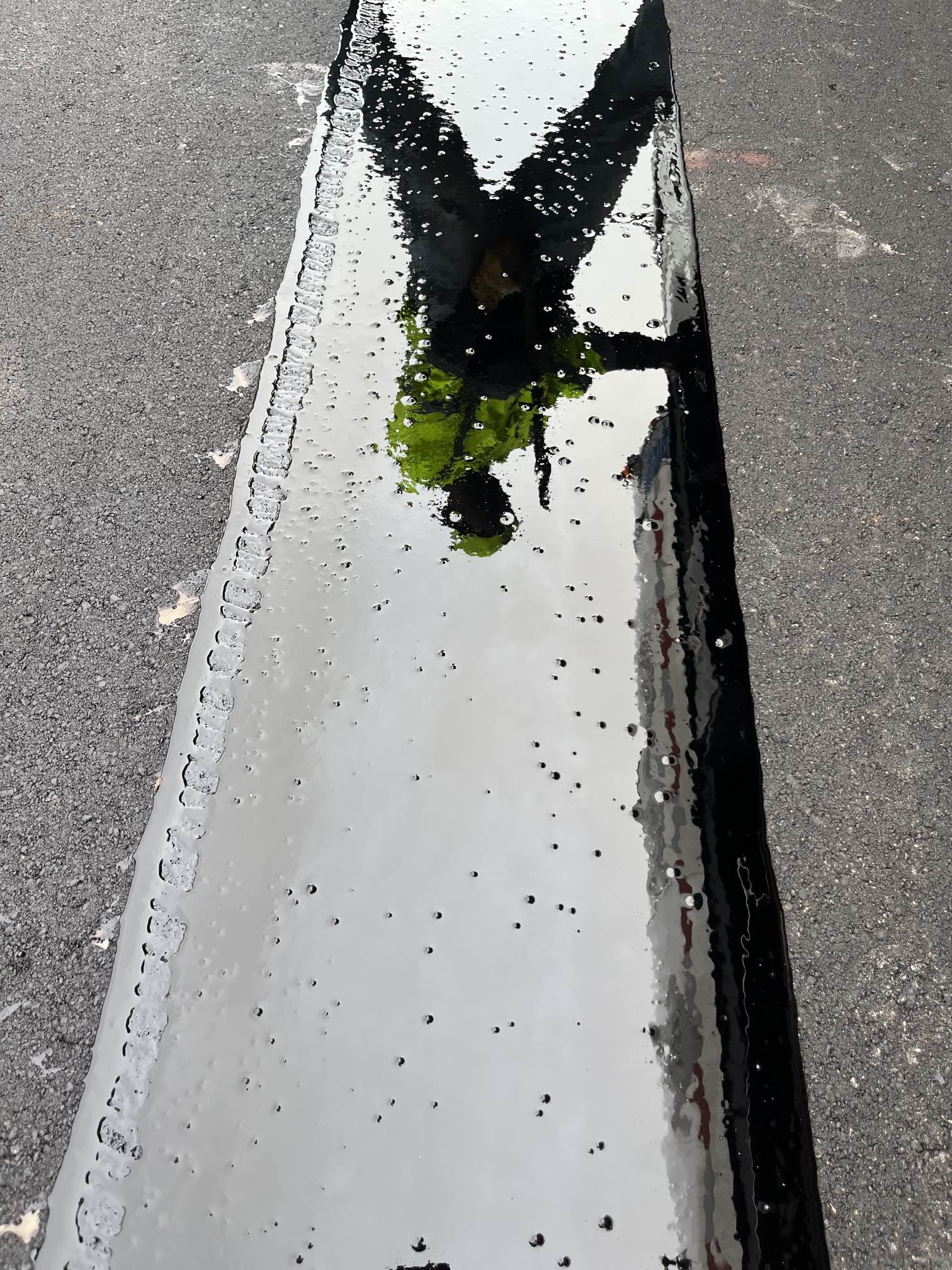Lengthening road life has been a priority for road construction engineers and paving contractors to prevent road damage caused by longitudinal joint cracking. That is why we have created J-Band®, a void reducing asphalt membrane (VRAM) or as it is referred to in Illinois, longitudinal joint sealant or LJS. (more…)






